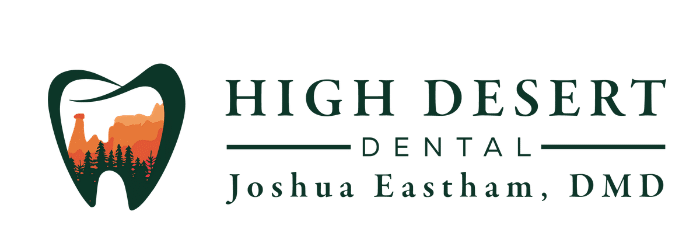Signs of a Tooth Abscess

Signs of a Tooth Infection Turned Abscessed

When a tooth infection is left untreated, it can develop into a dental abscess. An abscess is a bacterial infection that forms a pocket of pus. Swelling and inflammation are almost always present. The abscess can occur for a variety of reasons and in various areas of the tooth. We recommend contacting your emergency dentist in Grand Junction, CO, to treat your abscess immediately before the problem worsens. So, not sure if you have an abscess? Continue reading below, where Dr. Josh Eastham discusses the signs of a tooth abscess.
Common Causes of an Abscessed Tooth
The inside of your tooth is filled with blood vessels, connective tissue, and nerves, which can all become infected. A fractured tooth, periodontal disease, or tooth decay may be the source of the tooth infection. Furthermore, there are two types of abscesses.
A periodontal abscess is primarily caused by gum disease, although this form of abscess can also be caused by accident. A periapical abscess is caused by bacteria entering your teeth through a cavity. A gingival abscess occurs when a foreign body, such as a toothbrush bristle or popcorn hull, gets into your gums.
Dr. Josh Eastham says you’re more likely to develop a tooth abscess if you have the following:
- Dry Mouth
- A high sugar diet
- Inadequate dental hygiene
Symptoms of an Abscessed Tooth
The major sign of an abscessed tooth is excruciating tooth pain. Other symptoms of an abscessed tooth include difficulty swallowing or breathing, swollen lymph nodes, discomfort when chewing, gum redness, foul taste, dental sensitivity, loose or discolored teeth, jaw pain, swelling, or overall soreness.
You may notice an abscess as a pimple-like bump on your gum. If a liquid pours out when you press it and you experience immediate pain-alleviation, you have an abscessed tooth. The liquid is pus.
Diagnosis
A tooth abscess can be identified using dental x-rays, tests, and exams conducted by your dentist in Grand Junction, CO, or by symptoms and signs given by the patient. Even though swelling and pain are common symptoms, you may not have any at all. In that scenario, your dentist can identify an abscess simply by tapping on the tooth.
Treatment of Tooth Abscess
A dental abscess is treated by removing the source of the infection and draining the pus. Among the possible treatments are:
- Draining the abscess – making a small cut in the gums to drain the abscess
- Root canal therapy – Before filling and sealing the afflicted tooth, the abscess from the root is removed.
- Tooth extraction — If a root canal treatment is not possible, the tooth may have to be extracted.
Preventing Tooth Abscess
To lower the risk of getting a tooth abscess, keep your gums and teeth healthy. This includes brushing your teeth twice a day for at least two minutes and using an interdental brush or floss to clean the gaps between your teeth.
Our friend Dr. O’Grady, a dentist in Denver, CO, recommends reducing your intake of starchy and sugary foods and beverages to reduce your risk of developing a cavity. Additionally, don’t be a stranger and visit your dentist on a regular basis.
When Should You Go to the Dentist?
Your dentist in Grand Junction should be contacted if you have an abscessed tooth. Even if the abscess has already popped, you should have the area cleaned and inspected by your dentist to ensure that the infection does not spread. So, contact High Desert Dental for more information on our dental services!

